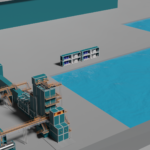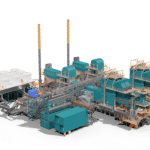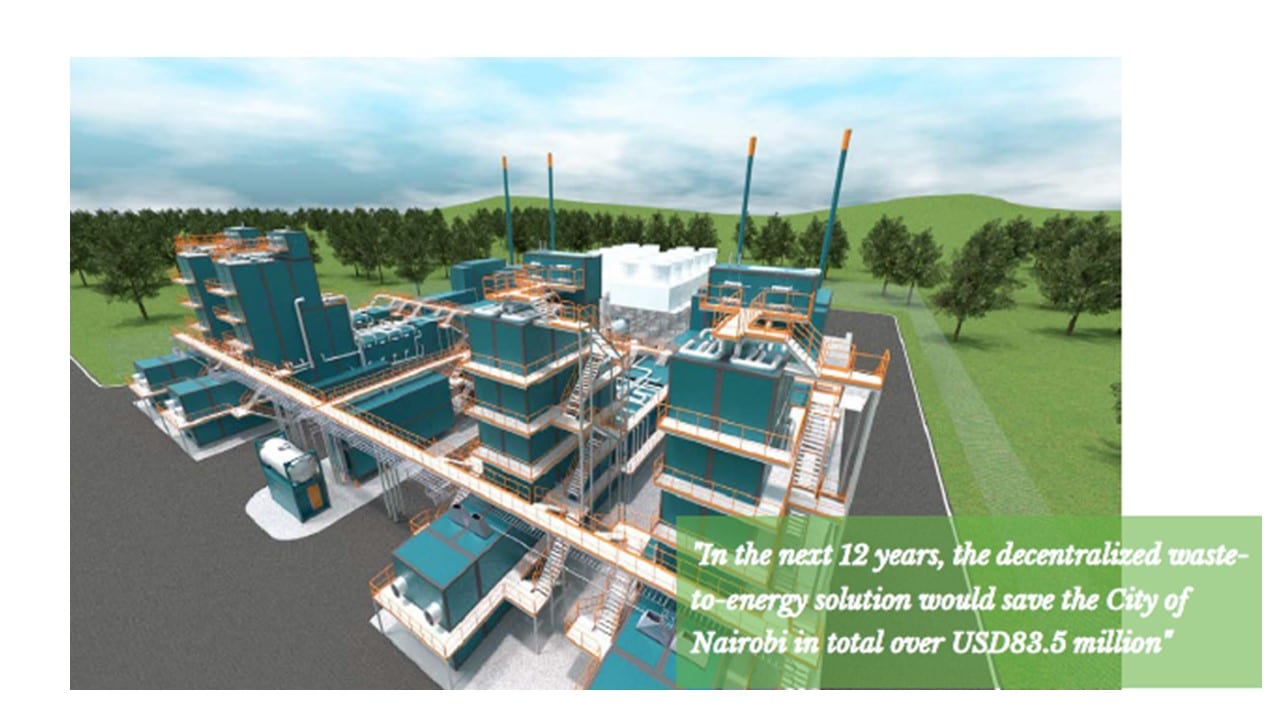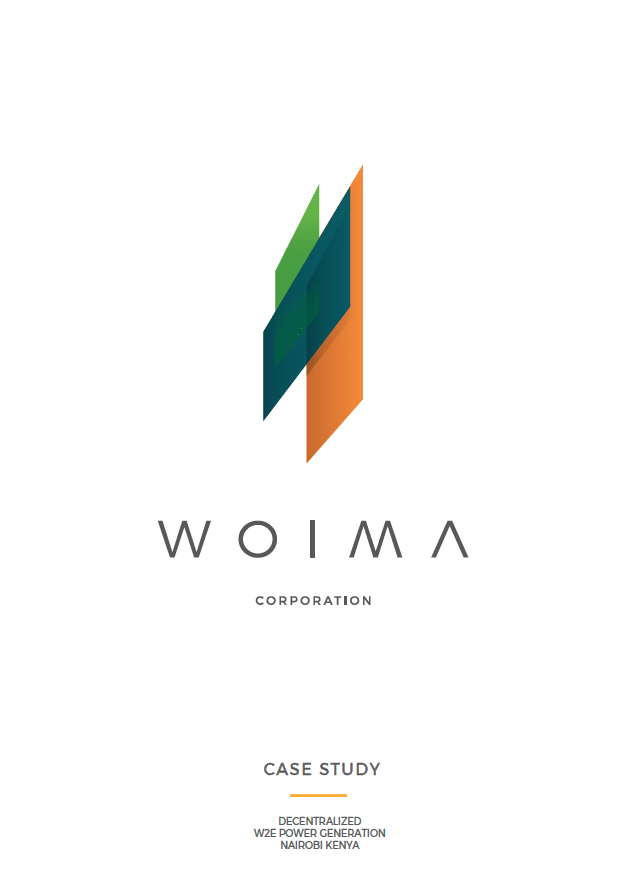CASE STUDY – DECENTRALIZED W2E POWER GENERATION NAIROBI KENYA
WOIMA did a detailed research study using latest simulation tools for its decentralized W2E power generation solution in Nairobi against the centralized solution.
The key questions in the study were
1. What are the waste transportation savings?
2. What are the power transmission savings?
3. What are the carbon emission savings?
Two points in time (2018 and 2030) were selected to emphasize the significance of growth in population and energy demand. It was assumed that all the solid waste can be collected and delivered to the facilities. The study considered both CAPEX and OPEX impacts in each scenario.
The study results prove what we already know, the decentralized model brings significant savings up to several million euro’s per year. The total savings of the decentralized waste management and power generation model compared to the centralized one are a combination of transportation savings and power transmission savings, not to mention also the carbon emission savings which are significant as well.
Are you interested in this case? We have the tools and know how to prepare similar study in Your city too, consult us for solution. Please download a copy of the report, for free.
Read Case Study Decentralized W2E Power Generation in Nairobi, Kenya
See all use cases and other downloadable contents
Follow us in Social Media
Waste Management
- Creating new business potential such leasing
- Simplifying waste logistics
- Reducing environmental impacts
- Matching future regulations
- Green image benefits
Power & Utility
- Decentralizing power generation
- Enabling off-grid solutions
- Offering fuel & production flexibility
- Harnessing endless fuel source
- Utilizing carbon credit schemes
- Fast plant delivery
Investors
- Excellent return on investment (ROI)
- Scalable business model
- Diversified investment portfolio
- Vendor arranged funding
- Fast project roll-out
- Plant relocation option
Other Stakeholders
- Turning waste into local welfare
- Health & environmental benefits
- Local reliable energy supply
- Educational & job opportunities
- Improving living conditions
- Implementing development funding





